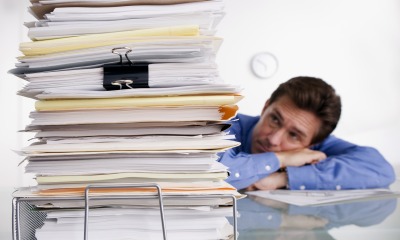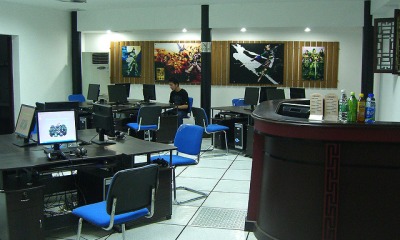Health
13 Things You Should Be Doing Before Going To Sleep To Increase Productivity
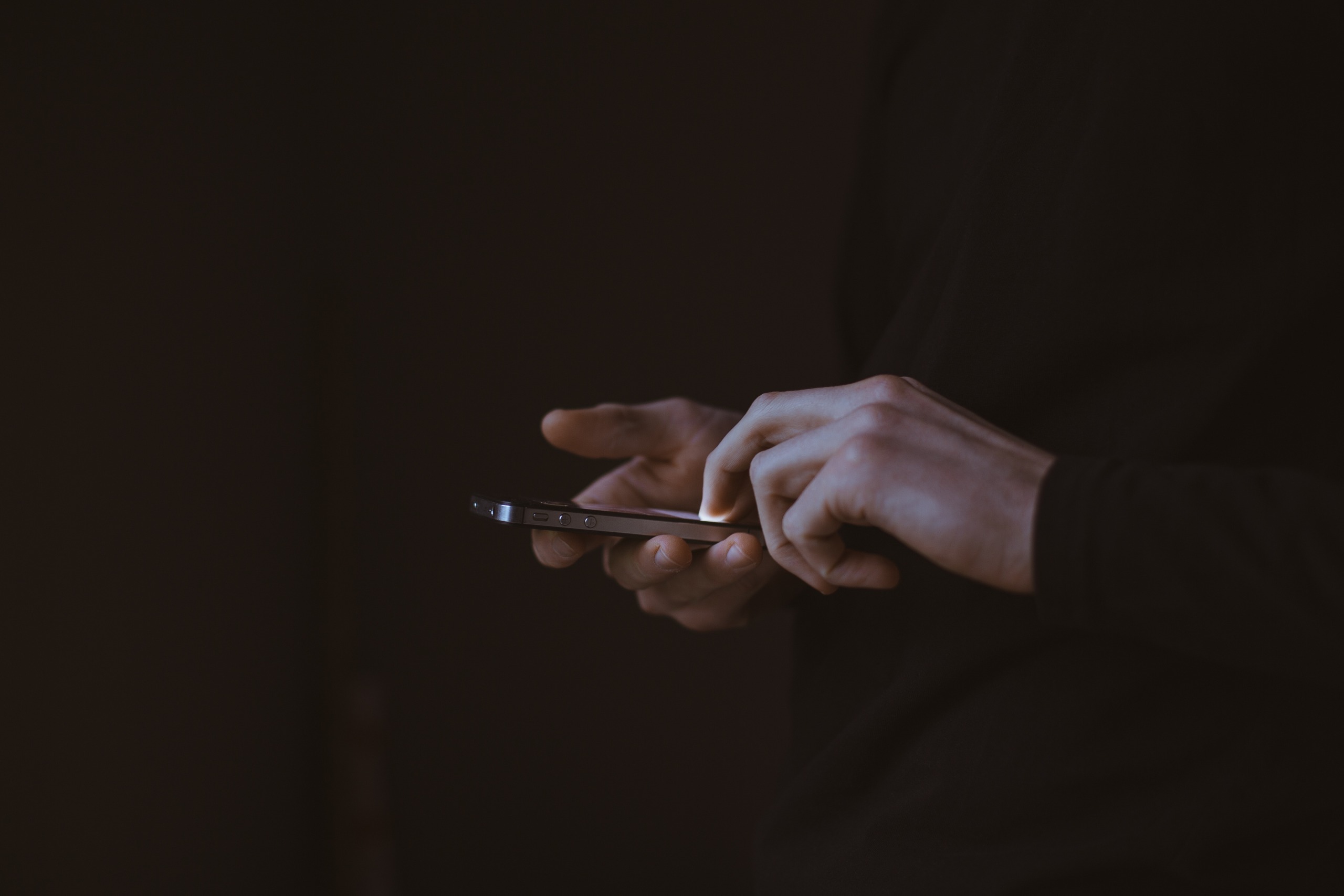
We neglect a lot of things in life. The fast-paced modern lifestyle pushes us to do as much tasks as we can within the limited time in our hands. We choose fast food meals over homemade delights. We’d rather spend our leisure time watching videos via our handheld devices instead of burning calories in the gym. We work long hours, neglecting our body’s need for adequate sleep.
We disregard the three pillars of health—healthy diet, exercise and sleep—believing that we are invincible. We are not, and you know it very well.
Sleep deprivation has become a part of our way of life. As Harvard Medical School noted, “We are a society that burns the candle at both ends, a nation where people stay all night to study, work, or have fun.” Harvard experts warn that the lack of adequate sleep can adversely affect cognitive functions, reducing efficiency and productivity. If you’re regularly pulling all-nighters to finish tasks, you’re neither helping your organization nor yourself.
Let these 13 habits help you supercharge your productivity the right way: by getting adequate sleep.
Use Your Time Wisely

One barrier to supercharged productivity is our workaholic culture. Your job is not your life. Make it a habit to allocate time for each aspect of your life such as work, family, leisure and rest. After a long day at work, it’s advisable that you unplug and focus on another aspect of your life, preferably one that will bring relaxation before bedtime.
Read Your Kids Bedtime Stories

Reading a good book is one of the proven ways to increase productivity before sleeping. There’s a downside, however—it can put your brain on active mode past bedtime, making it hard for you to fall asleep. Consider reading bedtime stories to your children instead. The activity is not as mentally straining as reading Henry Kissinger’s biography. Most importantly, this is beneficial to your relationship with your kids.
Get Ready for the Next Day

No matter how conducive your bedroom is for sleeping, if you can’t unload stuff from your head, falling asleep will be a struggle. To boost your productivity, plan your activities for the following day. Write down your tasks in a planner such as meetings and client appointments. You can also iron your work outfit and prepare documents you’d need the next day. This will put your mind at ease and help you doze off easily.
Know when to Connect and Disconnect
France has recently given workers the “right to disconnect” after work hours to reduce work-related stress. The step is an attempt to address the adverse effects of constant connectivity over the Internet. Moreover, studies have shown that the light emitted from electronic gadgets disrupts the body’s natural clock by tricking the brain that it’s daytime. Thus, sleep specialists strongly suggest unplugging at least an hour before bedtime.
Breathe and Relax
Meditative activities such as breathing exercises recharge the mind and body. A study published in JAMA Internal Medicine suggests that mindfulness meditation, or a practice that focuses on awareness of the present moment, can help fight sleep disorders. Dr. Herbert Benson of the Benson-Henry Institute for Mind Body Medicine recommends a 20-minute mindfulness exercise during the day.
Congratulate yourself

Many successful people say that giving oneself a pat on the back can boost efficiency and productivity. Before going to bed, briefly assess your day. Write down five things you’ve accomplished, whether it’s an approved proposal, a successful project or a 15-minute exercise.
Finish whatever you can before Bedtime
Can’t get that one unopened email out of your mind? Get important things done before bedtime. You don’t necessarily need to make calls at this time. Simply acknowledge receipt of messages, telling recipients that you’ll attend to their concerns when you get back to the office.
Take a Walk Outside

Falling asleep easily after a gruelling day at work can be a challenge. Sometimes, we just can’t shut our minds from going over details and scenarios. After dinner, go for a walk outside and try to block thoughts of the past and the future—just be in the moment.
Get Yourself a Comfortable Mattress
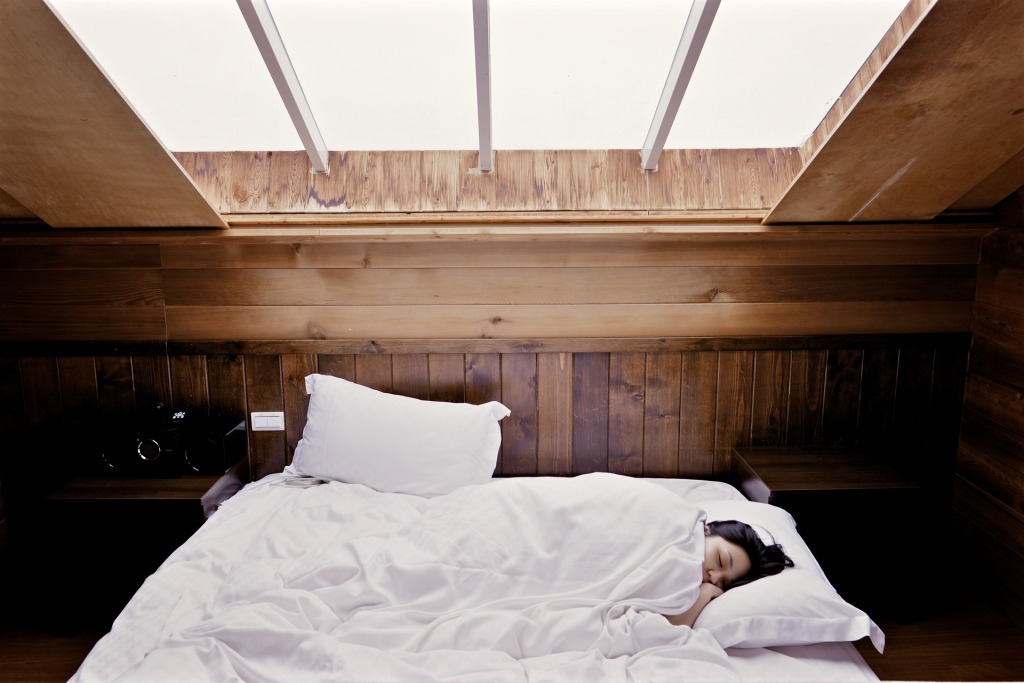
Researchers from the Oklahoma State University reported that sleep quality significantly improves with the replacement of old bedding system. While the ideal mattress is yet to be determined, you may consider a memory foam mattress, which moulds to the shape of your body.
Listen to Calming Music

Chopin’s nocturnes and nature sounds calm the nerves, helping you prep for quality zzz’s. Soft classical music has also been proven to lower blood pressure level and promote rest. You can purchase a white noise machine to filter disruptive sounds.
Support Your Body’s Natural Rhythms
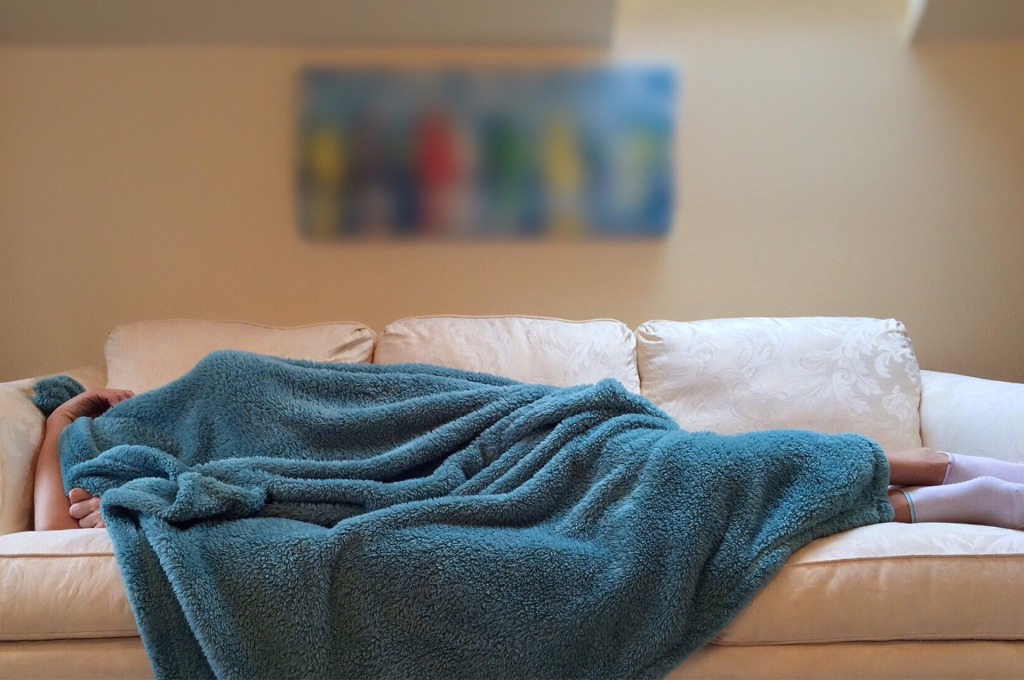
The key to a good sleep is the body’s natural clock. Employees working on shifting schedules may suffer from sleep disorders because of disruptions in their sleep-wake cycle. There are simple ways to put back your body clock in order: sleep the same number of hours each day, go to bed only when you’re sleepy and avoid sleeping in even on weekends.
Regulate Your Napping Habits
Napping can recharge your energy during the day. It’s a tested tactic in boosting focus and productivity. However, if you’re having trouble falling asleep and staying asleep, limit your naps to 10 to 15 minutes in the late morning or early afternoon. A research found that 10-minute naps produce immediate improvements in sleep latency, fatigue and cognitive performance.
Control Your Light Exposure

Melatonin, the hormone that regulates your sleep-wake cycle, is controlled by light exposure. The brain produces more melatonin when it’s dark, thus bright lights can frustrate efforts to fall asleep. Turn off your electronic gadgets and your LED lamps before going to bed. For a rush of energy in the morning, get sufficient exposure to sunlight, preferably five minutes after sunrise. You can also have coffee outdoors.
Sleep, together with balanced diet and regular physical activities, is your most effective tool to productivity. Neglecting it will not only lower your energy, it can also lead to serious health consequences.
-

 Tech11 years ago
Tech11 years agoCreating An e-Commerce Website
-

 Tech11 years ago
Tech11 years agoDesign Template Guidelines For Mobile Apps
-

 Business6 years ago
Business6 years agoWhat Is AdsSupply? A Comprehensive Review
-

 Business10 years ago
Business10 years agoThe Key Types Of Brochure Printing Services
-

 Tech8 years ago
Tech8 years agoWhen To Send Your Bulk Messages?
-

 Tech5 years ago
Tech5 years ago5 Link Building Strategies You Can Apply For Local SEO
-

 Law5 years ago
Law5 years agoHow Can A Divorce Lawyer Help You Get Through Divorce?
-

 Home Improvement6 years ago
Home Improvement6 years agoHоw tо Kеер Antѕ Out оf Yоur Kitсhеn








